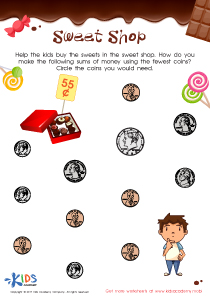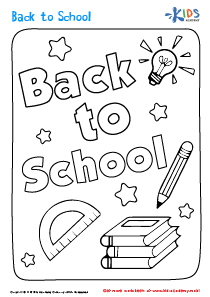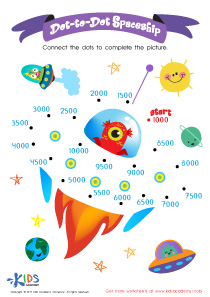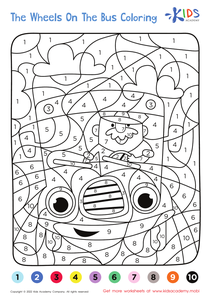Addition Story Problems (#'s 1-5) Quizzes for Ages 3-4
3 results
3 filtered results
Clear all filters3 filtered results
-
From - To
Dive into the fascinating world of numbers with our Addition Story Problems (#'s 1-5) designed specifically for children ages 3-4. These interactive quizzes not only introduce young minds to the basics of addition through engaging story problems but also offer instant feedback to reinforce learning. Tailored to captivate the imagination and curiosity of preschoolers, this educational tool checks knowledge in a fun, supportive environment, paving the way for a lifelong love of mathematics. Perfect for home or classroom use, our Addition Story Problems ensure a solid foundation in math skills, making learning an adventure for your little ones.
In the world of early childhood education, engaging and interactive learning methods are essential for capturing young minds' attention and fostering a love for learning. One of the fundamental skills that children begin to develop at ages 3-4 is addition, a cornerstone of their mathematical journey. To support this crucial learning phase, "Addition Story Problems (#'s 1-5) for Ages 3-4" offers an innovative and enjoyable approach to mastering basic addition through interactive quizzes.
Understanding addition through story problems is a method proven to enhance learning by contextualizing numbers and operations in real-life scenarios. This makes math relatable and significantly more interesting for young learners. The "Addition Story Problems (#'s 1-5) for Ages 3-4" specifically caters to the developmental stage of three to four-year-old children, making it an ideal tool for parents and educators aiming to introduce the concept of addition in an enjoyable and effective manner.
So, how exactly do these interactive quizzes benefit children in their studies? Firstly, they are designed to stimulate the minds of young learners through storytelling, which is a natural and compelling method of learning at this age. By presenting addition problems in the form of stories, children are more likely to engage with the material, understand the context of numbers, and, most importantly, remember the solutions.
The interactive nature of the quizzes ensures active participation, which is crucial for learning retention. Instead of passive observation, children are encouraged to think, answer, and even learn from their mistakes in a safe and supportive environment. This active engagement promotes critical thinking and problem-solving skills from an early age, laying a solid foundation for more complex mathematical concepts later in their academic journey.
Moreover, the "Addition Story Problems (#'s 1-5) for Ages 3-4" are designed with young learners in mind, ensuring that the content is age-appropriate, visually appealing, and easy to understand. The stories are short, relatable, and crafted to hold the attention of three to four-year-olds, making learning an enjoyable activity rather than a chore. This positive early experience with math can foster a lifelong interest and confidence in the subject.
Feedback is another crucial component of these interactive quizzes. Instant feedback is provided for each attempt, allowing children to understand what they got right and where they may have made mistakes. This immediate response mechanism helps in reinforcing learning and correcting misunderstandings on the spot, which is highly beneficial for young learners who are building their foundational knowledge in math.
In conclusion, the "Addition Story Problems (#'s 1-5) for Ages 3-4" interactive quizzes serve as a remarkable educational tool that combines fun, engagement, and learning in a unique mix specifically designed for young minds. By introducing children to the concept of addition through relatable stories and interactive participation, these quizzes not only aid in developing essential mathematical skills but also ignite an early love for learning. As such, they are an invaluable resource for parents and educators striving to provide the best possible start to children's educational journeys.













